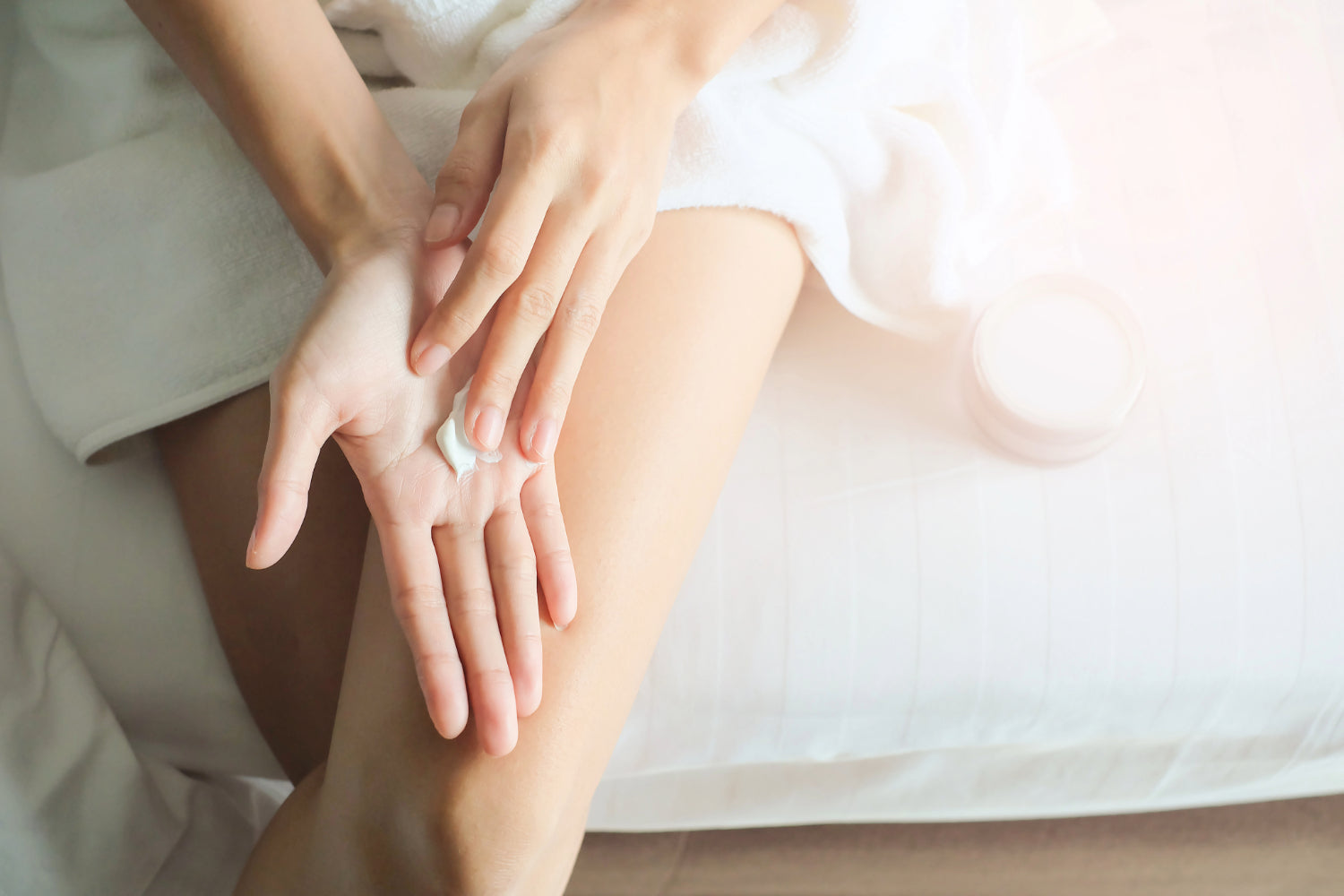U.K. DELIVERY £2.49, FREE FOR ORDERS OVER £25 | INTERNATIONAL DELIVERY FROM £9.99

Should You Moisturize If You Have Oily, Acne-Prone Skin?
For those with oily skin, moisturizing can feel like a counterproductive step in their skincare routine. Many people fear that adding moisture will only contribute to shine, but skipping this step can actually make things worse. When skin lacks hydration, it often compensates by producing even more oil, leading to a cycle of shine and clogged pores. This article explores why moisturizing oily skin is essential, how to choose the right products, and tips to achieve balanced, hydrated skin without the grease.
Why Oily Skin Still Needs Moisture
Many people with oily skin often make the mistake of skipping moisturizer, believing it will help reduce shine. However, not using a moisturizer can trigger the skin’s sebaceous glands to produce more oil. When skin feels dehydrated, it compensates by increasing oil production, leaving the skin shinier and potentially more prone to breakouts. In contrast, a good moisturizer will balance your skin’s natural oil production, helping it retain hydration without becoming oily.
Types of Moisturizers Suitable for Oily Skin
Moisturizers come in various forms, and not all are suitable for oily skin. Here’s a breakdown of the best types to consider:
- Gel-Based Moisturizers. Gel-based moisturizers are water-based, making them ideal for oily skin. They absorb quickly and offer hydration without adding oil or leaving a heavy residue. The lightweight feel is perfect for those who dislike the sensation of lotion on their skin.
- Oil-Free Lotions. For those who prefer lotions, oil-free formulas offer hydration without adding any extra oil to the skin. Look for products specifically labeled “non-comedogenic” and “oil-free” to ensure they won’t clog pores. It’s worth noting though that not all oils are comedogenic, meaning they don’t all clog your pores. Our Piroctone Olamine Cream is non-comedogenic and lightweight, and can be found here.
- Mattifying Moisturizers. These moisturizers contain ingredients that absorb excess oil, leaving a matte finish on the skin. They often include components like silica, clay, or natural starches to help reduce shine throughout the day.
- Moisturizers with SPF. Using a moisturizer with built-in SPF protection can save a step in your skincare routine, especially if you’re worried about layering too many products. Look for a lightweight, non-greasy formula that provides broad-spectrum sun protection.
How to Moisturize Oily Skin: Tips and Best Practices
Applying moisturizer the right way can make a significant difference in how it feels and performs on oily skin. Here are some tips to keep in mind:
- Apply to Damp Skin. Applying a moisturizer on slightly damp skin helps lock in hydration and minimizes the product’s need to absorb water from the skin. This technique prevents your skin from feeling greasy and ensures better product absorption.
- Use Only a Small Amount. Using more product than necessary can overwhelm the skin and lead to excess shine. A pea-sized amount, especially focused on areas like the cheeks, is often enough. Avoid applying too much to the T-zone (forehead, nose, and chin), which tends to produce more oil naturally.
- Look for Dual-Purpose Moisturizers. Some moisturizers include ingredients that target specific skin concerns. For example, if you have oily and acne-prone skin, choose a product with salicylic acid or tea tree oil to help prevent breakouts while providing hydration. We have a detailed article on acne and treatments here.
- Layer with Lightweight Serums. If your skin still feels dry but you don’t want to use a heavy moisturizer, consider adding a lightweight hydrating serum before your moisturizer. This will boost hydration without adding oil.
Conclusion
Moisturizing oily skin doesn’t have to mean more shine. With the right products, ingredients, and application techniques, you can keep your skin hydrated, healthy, and balanced. Remember, hydration is crucial for all skin types - embrace it as a part of your routine, and enjoy clearer, healthier skin. By taking time to choose the best moisturizer for your skin’s needs, you’ll achieve a healthy complexion that feels great and doesn’t look greasy.
